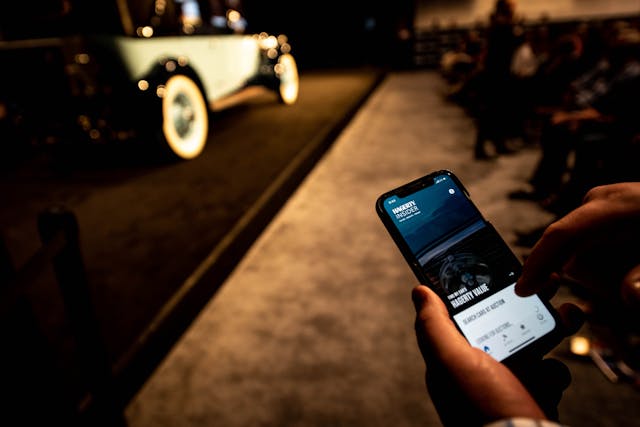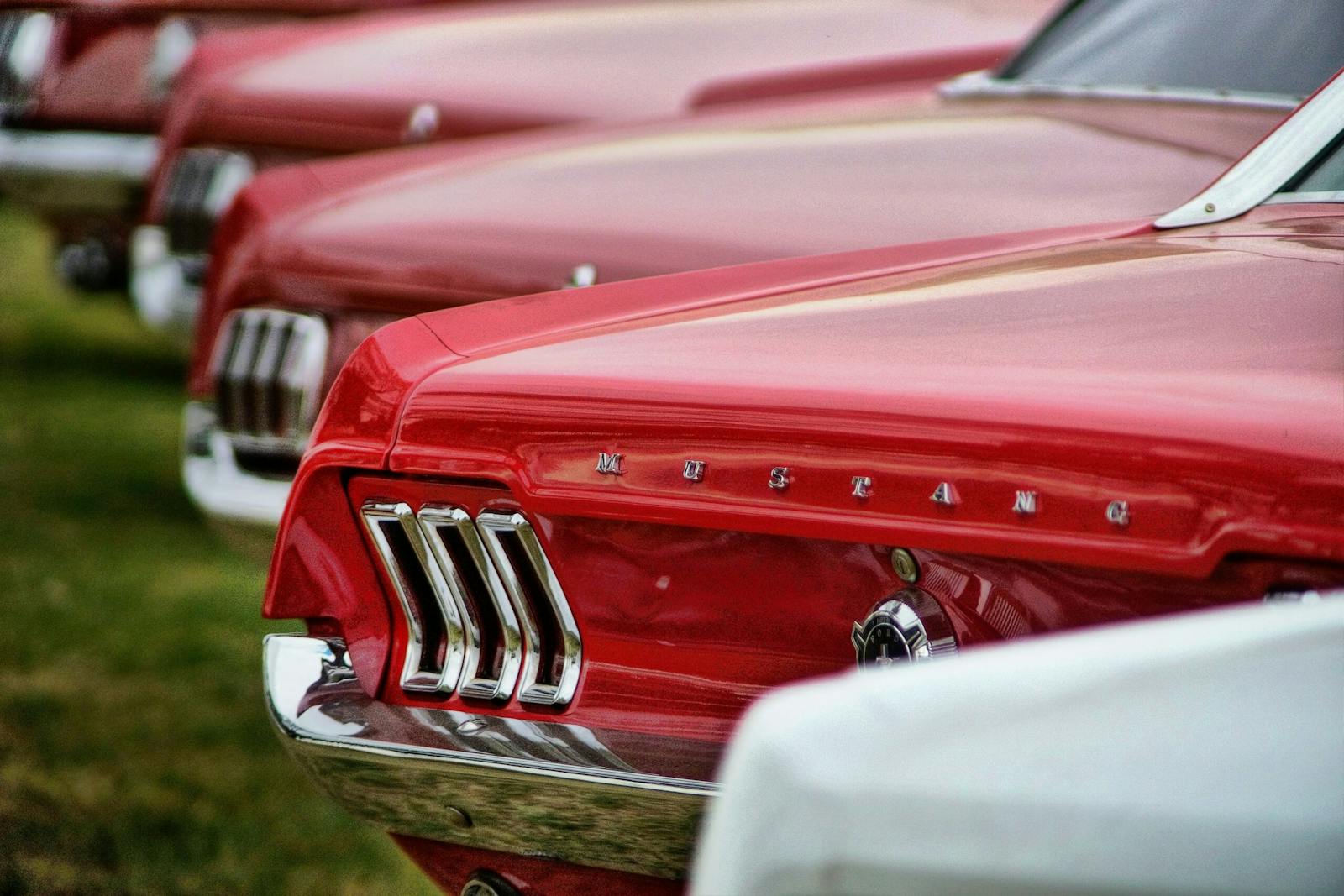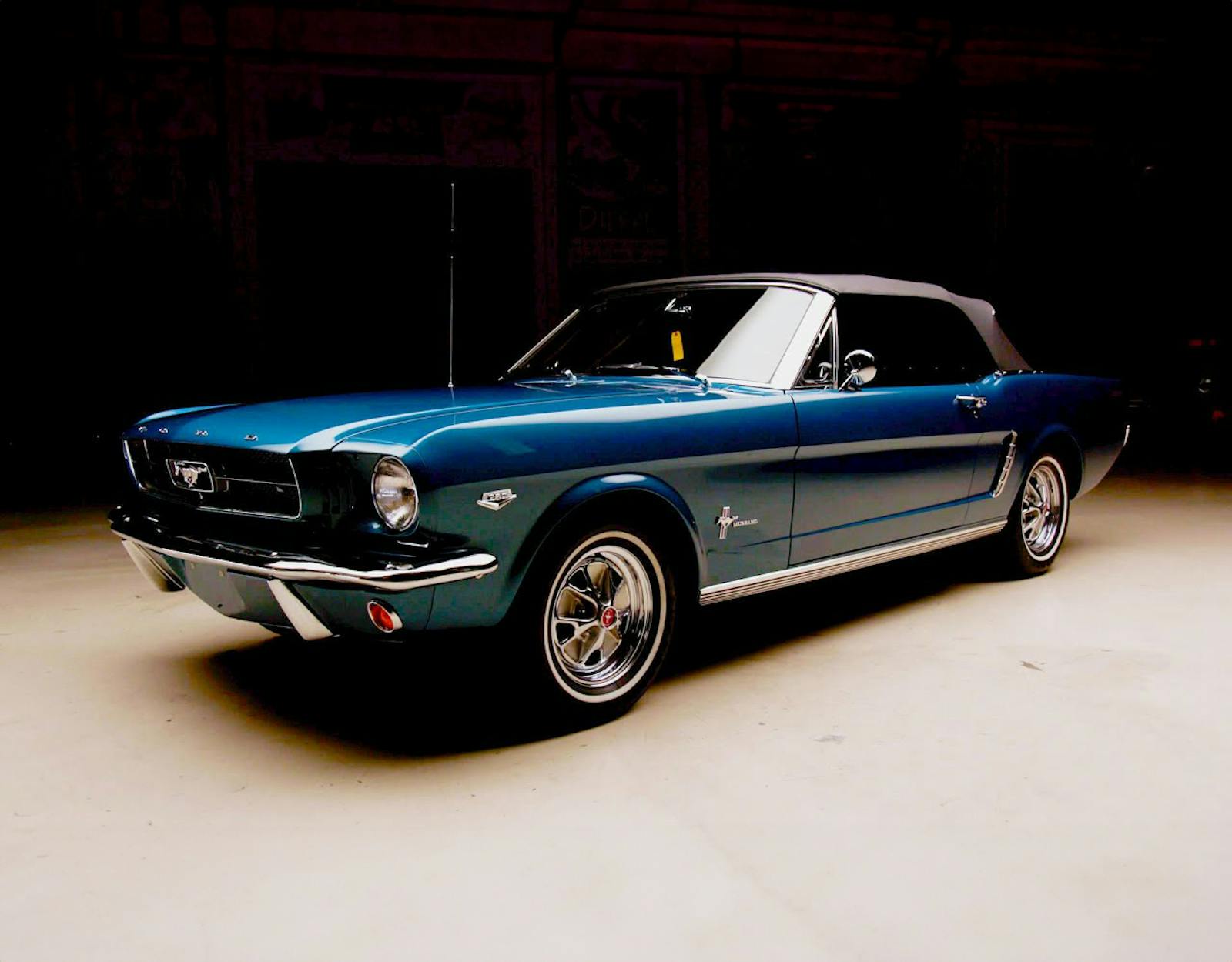2021 is shaping up to be the best year, ever, for classic car auctions

What a difference a few months can make. We saw this back in 2020, when COVID rapidly reordered practically every aspect of our daily lives and, particular to cars, brought a sudden end to most in-person auctions and concours. Now, we’re seeing the happy flip side. Although the disease has no doubt left its mark on our lives, and strains of it are still wreaking havoc in places, the economic reopening that some analysts had worried would be halting and limited has instead been fast and furious, with huge demand for everything from airline travel to 2 x 4s. You can add to classic cars to that list. In fact, we think 2021 is shaping up to be the best year, ever, for classic car auctions.
This is remarkable for a few reasons, starting with the fact that in-person auctions plummeted last year and have not yet returned to their pre-pandemic size and frequency. It’s also important to remember that already in 2019, as we reported at the time, classic car auctions were sputtering. The primary driver of the growth in auction sales should be readily apparent to anyone who follows Insider’s Sale of the Week column: it’s the online auctions and in particular, Bring a Trailer.
We're also seeing continued growth in the private market, which is, as we've often noted, much larger than the auction scene. That growth will be slower, however, than in 2020, when so many people seemed to ease lockdown boredom by buying an old car.
Digging deeper into the sales numbers, it's clear that the vehicles driving the market to new heights are very different than the ones responsible for the peaks of the past. Whereas seven-figure Ferraris were the poster children of the 2014–2018 era, vehicles worth between $50,000 and $250,000 show the largest increase in the number of sales compared to 2019. This is especially true for online auctions.
However, vehicles worth greater than $1 million have actually slowed down (as have those worth less than $10,000).
The upcoming Monterey Car Week auctions will no doubt reduce the slow-down in sales for seven-figure cars; however, the consignments announced as of mid-July are too few to turn 2021 into a growth year for $1 million+ cars when compared to 2019.

The changes in activity at different price levels to some degree reflect a correction at the top of the market—buyers of million-dollar cars have become more discerning and sellers are adjusting accordingly. Yet what we're seeing also points to deeper demographic shifts. Our insurance data show that the growth in participation from younger enthusiasts, which we've been talking about for a while, have continued unabated by the pandemic. In 2021, the share of insurance policy quotes from Gen-X or younger (enthusiasts born since 1965) increased from 54 percent in 2020 to 58 percent this year. Gen-X’s share of policy quotes is, by itself, approaching baby boomers’ share of quotes. These younger enthusiasts remain, for the most part, interested in relatively attainable cars, whereas boomers and older enthusiasts still tend to collect the most valuable ones.
What vehicles do Gen-X and younger enthusiasts like? A little bit of everything, according to policy quote growth from 2020 to 2021 (weighted by share). The cars you'd expect, like the BMW E30 3 Series and NA Miata, make the list. But so do the Ford Model A, Chevrolet Corvettes, and the last Pontiac Firebird. Vintage trucks remain popular, too.
Our prediction for the rest of 2021 assumes online sales will continue unabated and that the season's remaining in-person auctions, Monterey in particular, will proceed as planned. Given the tumult of the last 18 months, we won't pretend either of these assumptions are certainties. Yet the market's growth, based on a broadening base of younger enthusiasts interested in a widening variety of attainable vintage cars, looks sustainable.

